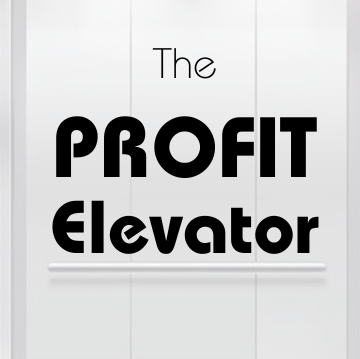
No One Cares
No matter how hard you work, all of your product features and everything you do, at first no one cares.
People buy from people. Businesses hire sales people with networks because they’ve earned trust.
The good ones have a selling process. That does not mean they will sell your product. You still need to listen and adapt to market feedback.
The others do well with particular products and brands. They feel undervalued and want to switch jobs. These people don’t yet have a process.
Are they your clients?
Twenty years ago I invested in the launch of an advisory business. We attracted top talent from the City who wanted a larger share of revenues. A typical conversation went like this,
“How many clients do you have strong relationships with?”
“I speak to 50 a week and am part of the top ranked team.”
“Experience teaches us that half those clients won’t move with you and half that do won’t pay. If a quarter of your contacts support you, is it still worth moving?”
“I’m expecting a bonus this year. I’ll get back to you after that.”
When you look in the whites of the eyes and ask if people can sell, many blink. They know they will struggle without a support system. Sales people smile because they know they earned their commissions.
What’s in it for me?
People buy outcomes. They buy familiar brands but not as often as you might expect. A decent benchmark for B2C repeat sales is 25%.
People come back to quality service. My wife waits weeks for our builder to be free because she trusts him. I buy screen protectors from the shop that takes the most care attaching them. Because of that I buy phone, laptop and camera accessories there too.
I have no idea what qualifications the builder has. I’m sure the phone guy has few credentials. Both do a great job.
Objection Handling
Last week we met the four adaptive strategies of different personality types. They align with the buying objections of budget, authority, need and time.
The best time to handle objections is before they arise. Your case studies should show how clients were sceptical about the need for a product, or if they could afford it. Illustrate how you put their mind to rest.
When it’s time to sell you must identify the adaptive strategy of the buyer. You then adopt the leadership style that appeals to them. Click the link above for a reminder.

The Controller fears failure and hides behind not having the budget.
The Cheerleader fears rejection and prefers others to decide. They’ll want to ask a partner or check with the boss.
The Calculator has a way of working. They figure things out and won’t see the need for your solution.
The Complier multitasks and won’t find the time to work with you.
Exercise: Handling Objections
In most B2B buying decisions there are a few characters. There’s a product user, their boss, a procurement person and a lawyer. You have a persona for each.
Now consider how to address the four buying objections when raised by each character. Pay particular attention to:
Authority and need for users
Budget and time for bosses
Budget for procurement
Need for lawyers.
Remember one size does not fit all. A boss thinks of budget in terms of opportunity costs. Procurement cares about totals and percentage discounts.
At the end of the process you have 16 ways to address objections. Now weave them into marketing copy and train your sales team.
Learning Lessons
My advisory firm didn’t make it. The people we hired would sell but the majority owner spent the money on expansion. He came from a big City firm and craved status. Instead of scaling what worked he diversified into what wouldn’t.
Not every experience is a good one. But there’s a lesson in them all.
I'm Simon Maughan and I write The Profit Elevator as a guide for B2B firms seeking faster growth. Objection handling is included in The Streamlined Selling System in my P.R.O.F.I.T. Through Process Planner.
If you found this letter valuable, please share it with a friend.
